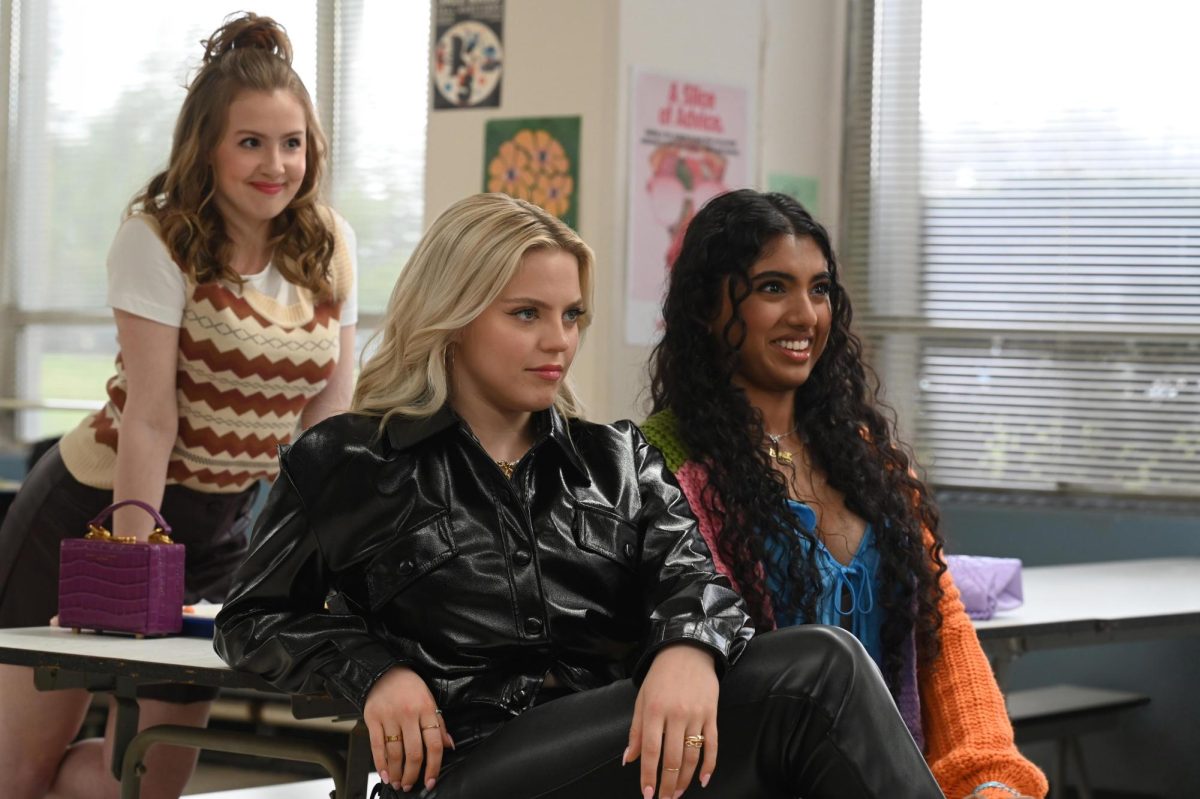The film ‘One Child Nation’ takes an emotional and uncensored look at how the one child policy affected rural southern China. Co. Director Nanfu Wang begins the film by visiting her old village and interviewing village officials, family planners and her own family. The tragic life is highlighted with tear jerking pictures of aborted bloody fetuses curled among soda cans, broken furniture and dusty rodents scavenging for food. But this isn’t the only layer of wrong. ‘One Child Nation’ also stabs at the human trafficking of babies, sex discrimination, twin separation, forced sterilization, government use of propaganda and the helplessness of Chinese citizens.
While the picture condemns the government of brainwashing its citizens with a one sided view of the policy, shown through tapes of excessive propaganda, ‘One Child Nation’ is also just one part of the truth to a very complicated time in Chinese history. Though it is easy to be swayed by the deeply disturbing segments of film, there is much, much more to the story.
First, population planning in China did not start with the one child policy. Before the one child policy, there was a huge population boom in China that the film touches on; it escalated to over 1 billion. The reason for this boom is due to Mao Zedong’s encouragement for big families in the Great Leap Forward, that to be good, model citizens, a family should have as many kids as it can. But China’s infrastructure couldn’t sustain the boom in population, and it’s evident from the multiple famines China experienced where tens of millions of people starved to death. When Zedong died, the new president, Deng Xiaoping, introduced the one child policy to control poverty and reduce famine. While the film depicts the one child policy as purely evil and inhumane, viewers, especially American viewers, should try and understand the context of a massive collapse in infrastructure and famine behind this period in Chinese history, much more than the film provides.
Second, while the one child policy and sex bias was especially disconcerting to Wang’s village and others of southern, rural China, it wasn’t this way everywhere. My mother and her sister both lived though this time in Beijing, a big city in northern China. Abandoning girl babies on the street was “extremely rare,” my mother said. While it was heard of, both my parents never saw it in actuality. Same as the forced sterilization of mothers, neither of my grandparents or anyone they knew were forced to be sterilized. Additionally, the film adds several shocking statistics such as the overseas adoption of 131,000 children, but these also must be put in perspective. The base of the Chinese population is much larger than one can imagine. It is more than four times the size of the United States. 131,000 children is less than .01 percent of its current population. Yes, atrocious, inhumane, disgusting and heartbreaking things happened. But it wasn’t everywhere.
Finally, American culture and Chinese culture is vastly different. While abortion here in America is considered one of the most ungodly acts, comparable to murder, this isn’t the case for China, especially in the time period of the film. Children weren’t considered from God but from their parents, therefore, the property of only their parents, and males were the only sex to carry on the family name. The point I’m trying to make is that if one uses only American values to view what went on under the one child policy, it’s easy to judge it harshly, but that is judging it unfairly.
Don’t get me wrong, ‘One Child Nation’ was an expertly made film, and it’s a film every person mature enough should see. It is horrifying, as it should be. But what I’m worried for is that viewers will leave the theater with a narrow, insensitive bias against Chinese people and their culture. That they leave the theater thinking the one child policy was an abomination comparable to the concentration camps of Nazi Germany or the Nanjing massacre and rape. The government needed to control the population growth, should they have limited it to only one child, abort fetuses or force sterilization? No, absolutely not, but the population crisis was real. Were the events in the film everywhere in China? Also no. This film was centralized on Wang’s family, but there are hundreds of millions of families in China, all with their own story.
What did you think of ‘One Child Nation?’ Let us know in the comments below!

































































































